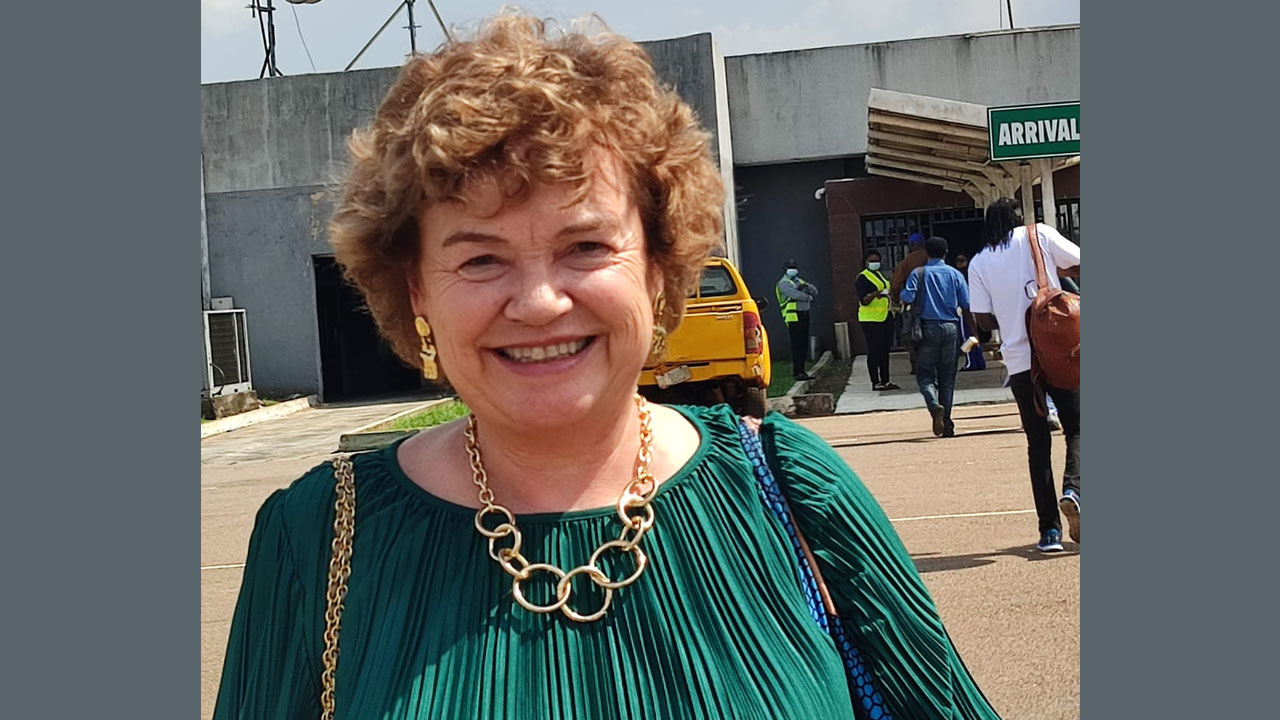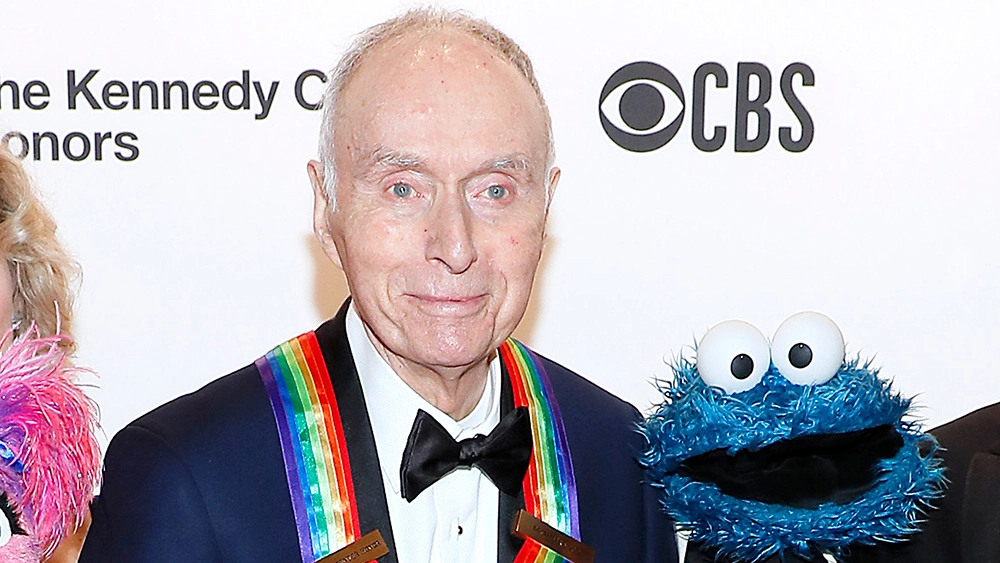Types of Marriage Counseling

On today’s conversation, we will focus on several types of marriage counseling and their benefits. We will look into the aspects below;
- Emotionally Focused Couples Therapy (EFT)
- Cognitive-Behavioral Therapy for Couples (CBT)
- Imago Relationship Therapy
- Solution-Focused Therapy (SFT)
- Discernment Counseling
There are several type of marriage counseling available and each one has its one benefits. When choosing a marriage counselor, the most important thing is to work with a trained marriage and family therapist. While there are more types of couples counseling, here are a few of the most common types of marriage counseling. Hopefully this will help you decide which one may be right for you and your partner.
Emotionally Focused Couple Therapy (EFT)
Emotionally Focused Couple Therapy (EFT) is a type of marriage counseling that helps couples identify and change negative communication patterns. The focus of EFT couples therapy is to help couples identify their emotions and share about them in a healthy way with each other. Learning to express and share emotions in a health way can help couples develop a closer emotional connection. Currently EFT is the only evidenced-based couple therapy and has a 70-73% success rate with a 90% improvement rate. In comparison, other marriage and family therapies have about a 4–50% success rate. EFT is especially helpful for couples wanting to improve communication, trust, and emotional intimacy and connection. Learn more about how EFT works here.
Cognitive-Behavioral Therapy for Couples (CBT)
Cognitive-Behavioral Therapy (CBT) was originally created to help individuals recover from depression and anxiety, and has started to be used in marriage counseling as well. CBT focuses on helping people change negative thoughts and behaviors. In marriage and couples counseling, CBT helps couples identify and change negative thoughts and behaviors contributing to relationship problems. By changing negative thoughts and promoting more positive thinking, couples work toward seeing the good in each other and developing more positivity and goodwill between them.
Imago Relationship Therapy
Imago Relationship Therapy is another type of marriage counseling. This type of counseling is based on understanding unconscious decisions people make in relationships. The idea is that people unconsciously choose partners with personality traits are similar to their parents. In Imago therapy, couples identify the unconscious beliefs, relationship patterns, and relationship expectations that may be impacting their relationship. By making the unconscious conscious, couples can work towards healing and growth. Imago therapy is best for couples wanting to improve trust, intimacy, and communication.
Solution-Focused Therapy (SFT)
Solution-Focused Therapy is known for it’s ability to be brief. Again, this therapy was originally designed for use with individuals and then began to be used with couples. Instead of building skills or healing from the past, the focus in on finding solutions to specific problems. A marriage counselor using solution-focused therapy will help couples figure out which solutions have works well for them in therapist that they could apply to the problems they are facing. This often involved identifying strengths and resources that the couple can use toward developing solutions that will work. This type of marriage counseling is helpful for couples who have one specific problems that they needs help finding a solution for.
Discernment Counseling
Research indicates that couples wait an average of 6 years after problems start to go to couples counseling. By the time they do go to marriage counseling, the damage is so bad that about one third of them will decide to divorce within the first few sessions. Discernment counseling is a brief type of marriage counseling that focuses on helping couples decide whether to commit to trying to improve the relationship through marriage counseling or to separate. Sessions typically last 2 hours and you meet for no more than 6 sessions total. The primary goal is to make a decision regarding the future of the relationships. Discernment counseling is most helpful for couples in severe distress and who are unsure about if they want the relationship to continue. In discernment counseling, the marriage counselor helps the couple explore their options and make a decision about the future of their relationship.
CONCLUSION
With new knowledge on these various forms of counseling, we hope it will help you make a more informed deciscion both as a therapist and as a client looking to select a therapist to work with.
Original article by Temple’s Counsel & Mind Academy.


















